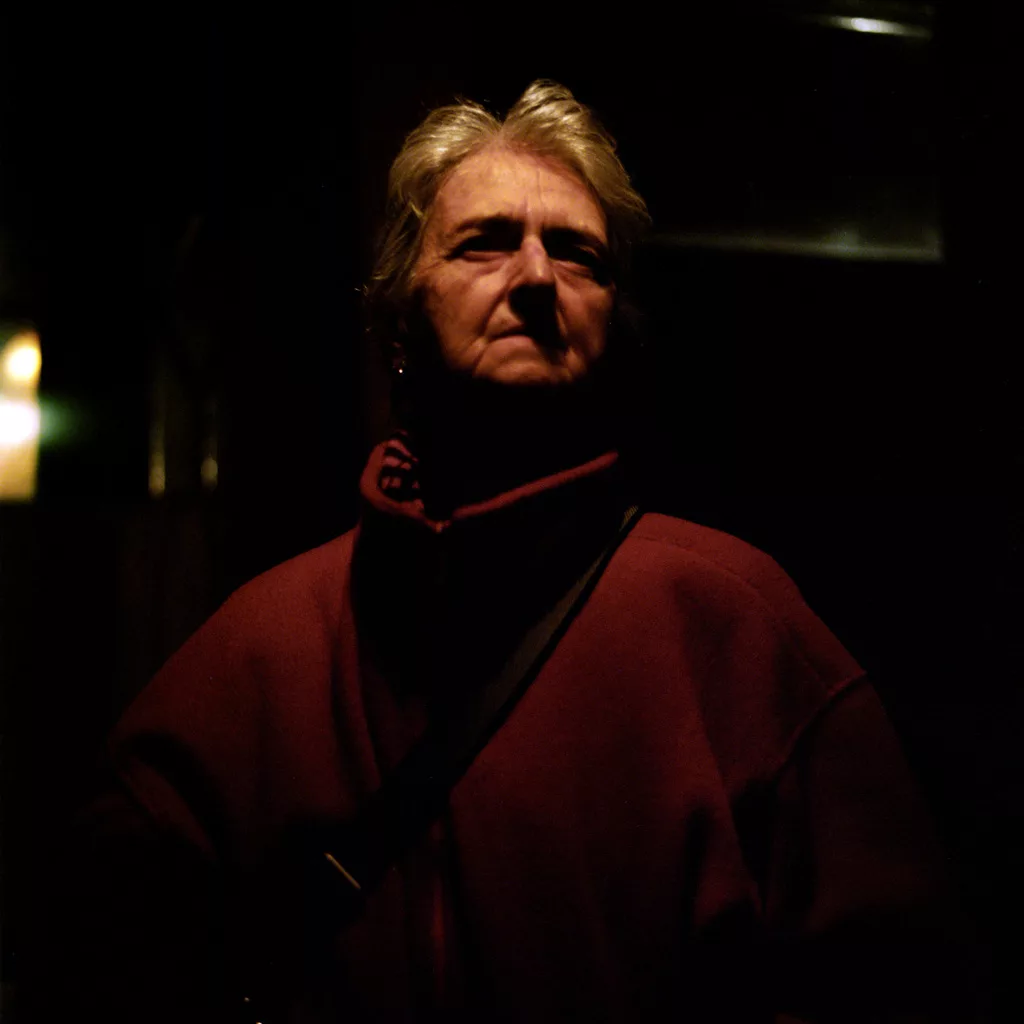So… LGBT people before the Stonewall Riots and the gay liberation movement of the 1970s lived “furtive, closeted, miserable lives, while after Stonewall, gays could be free and open… out of the closet, fighting back, refusing to be mistreated any more”?
Whilst there are elements of truth in this when considered in the most general of ways, the reality is vastly more complex. The history of lesbians in the first 60 years of the twentieth century reveals that it is extremely limiting to think of lesbians as a “community” of lesbians. Rather there were diverse groups that reflected changes in societal perceptions of lesbians. These were more visible or less visible according to the prevailing degrees of tolerance in any decade. Prior to the prosecution for obscenity of Radcliffe Hall’s “Well of Loneliness” in 1928, the general public seems not to have noticed the presence of lesbians in its midst and lesbians were not subject to prosecution under the law in the same way that male homosexuals were. The Hall trial opened the public’s eyes to the possible realities underpinning close female couples, women who dressed or behaved in a “masculine” way or those who remained unmarried.
Throughout the 1930s and 40s, individual wealthy, artistic, well educated, strongwilled women managed to live openly as lesbians because they were financially independent even though they battled against public disapproval. Yet the developing science of psychiatry classified lesbians at best as being at an immature stage of arrested development or at worst as diseased and depraved individuals who set out to corrupt “normal” women.
During the years of WWII, the freedom to explore lesbian lives was extended to women of all classes aided by the temporary absence of men and the increased geographical mobility of women engaged in war work. The return of men after 1945 pressured women into returning to a domestic, heterosexual lifestyle under the threat of confiscation of their children, with lesbians forced to live lives in which they repressed their sexuality and suffering agonies of guilt about their alleged “depravity”.
It was from this that many lesbians were released following Stonewall and the feminist and gay liberation movements of the early 1970s.


